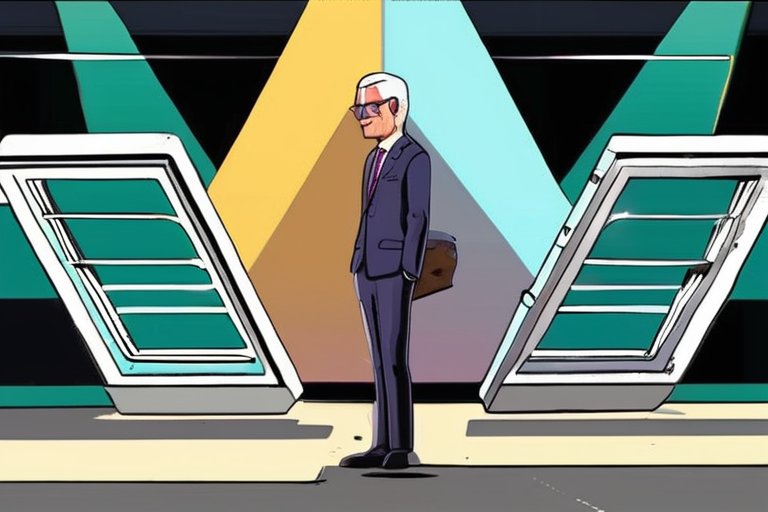Researchers Make Progress on Solid-State Batteries, But Commercialization Remains Elusive for Electric Vehicles


Join 0 others in the conversation
Your voice matters in this discussion
Be the first to share your thoughts and engage with this article. Your perspective matters!
Discover articles from our community

 Hoppi
Hoppi

 Hoppi
Hoppi

 Hoppi
Hoppi

 Hoppi
Hoppi

 Hoppi
Hoppi

 Hoppi
Hoppi

Trump Postpones Deadline for TikTok Ban: What to Know In a surprise move, US President Donald Trump signed an executive …

Hoppi

The Countdown Begins: Apple's "Awe Dropping" Event Unveils iPhone 17 and More It's finally here – the moment we've all …

Hoppi

Jaguar Land Rover May Need More Government Help, MP Says Liam Byrne, the chair of the Commons Business and Trade …

Hoppi

Study Suggests Internet May Have Unintended Benefits for Older Adults A recent study published in the Journal of Psychiatric Research …

Hoppi

By Jason Newman Jason Newman Contact Jason Newman on X View all posts by Jason Newman August 29, 2025 James …

Hoppi

Gen V Season 2 Episode 4 Release Date: Prime Video Show Returns on September 24 The highly anticipated return of …

Hoppi